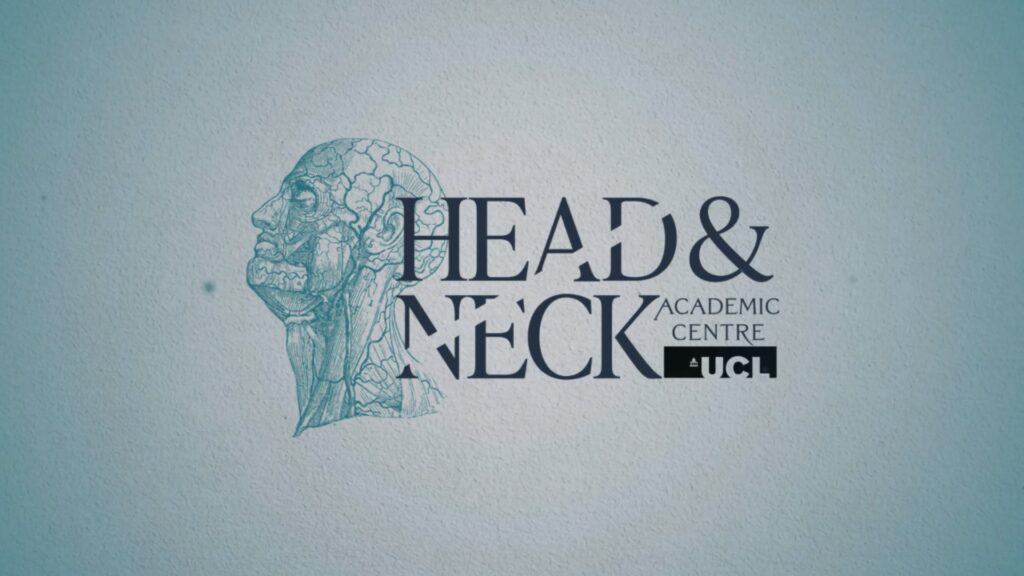Head and Neck
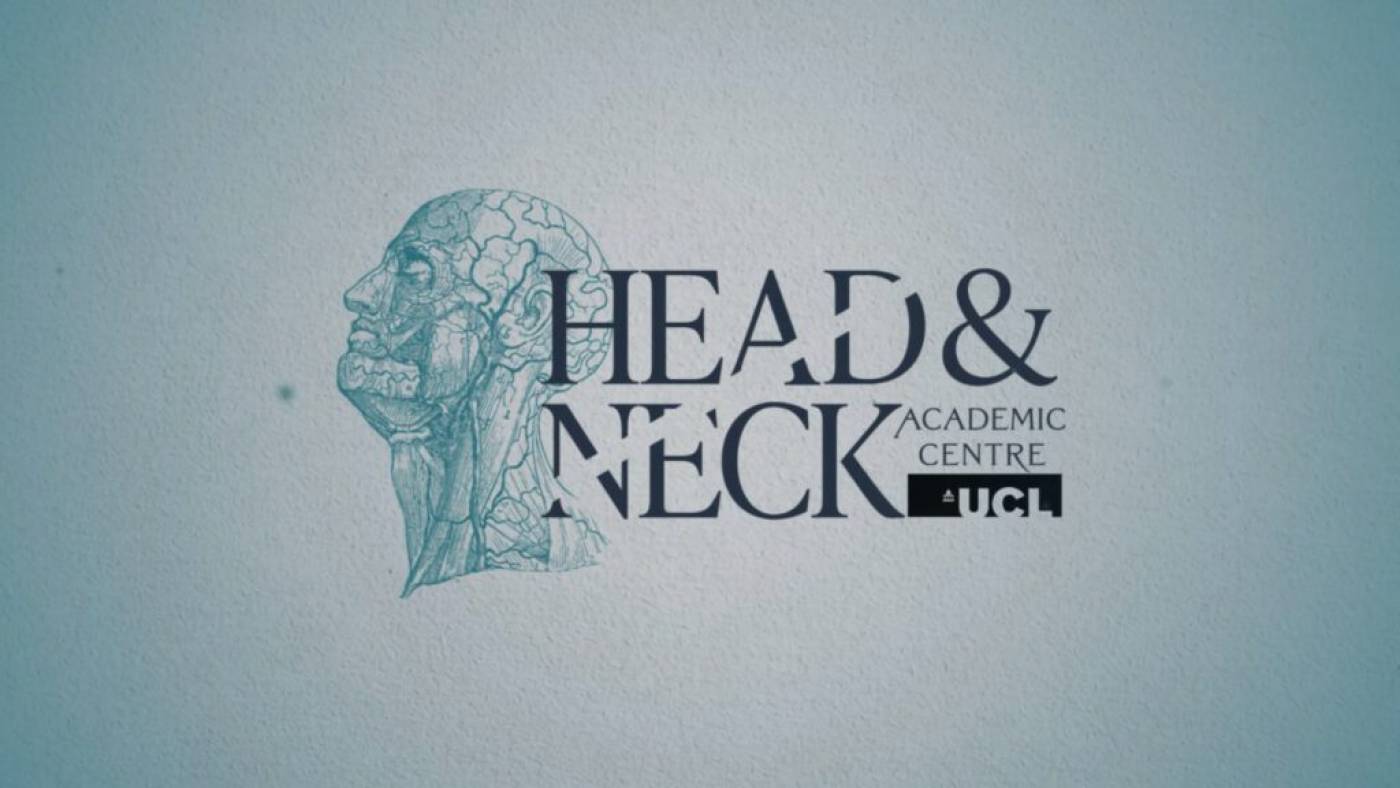
Lectures and events
Our experts debate and discuss the latest topics in head and neck disease across a variety of lectures and conversation series.

Watch on-demand
Some of our past lectures and events are available to watch again online.
Our research
The Head & Neck Academic Centre
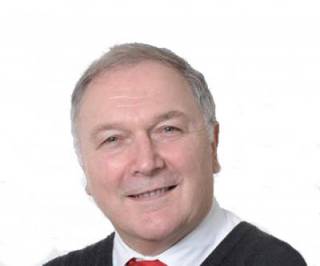
Prof. Mark McGurk
Director

Prof. Ghassan Alusi
Director
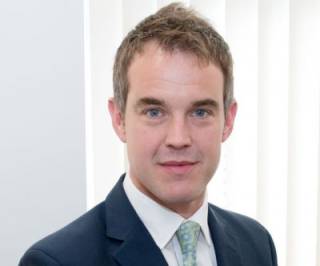
Mr Paul Stimpson
Education Board

Ms Safina Ali
Education Board
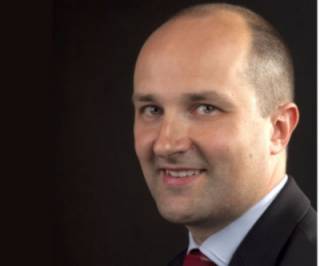
Mr Jonathan Hughes
Education Board

Mary Lee
Education Board

Dr Roganie Govender
Education Board

Jessica Harris
Education Board

Florence Cook
Education Board
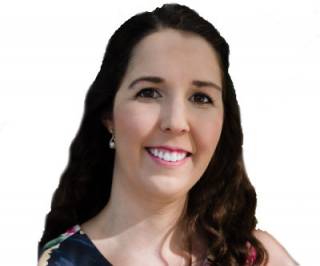
Kate Glen
Education Board

Dr Gopinath Gnanasegaran
Education Board

Dr Simon Morley
Education Board

Ms Clare Schilling
Research Board

Mr Nicholas Hamilton
Clinical Lecturer
Funding / Partnerships
- UCL | Rapid Response COVID-19 Fund
- Wellcome Trust
- NIHR Clincal Research Network
- NIHR Global Health Research Unit
- The Federation of Surgical Specialty Associations
- Intensive Care Society
- Difficult Airway Society
Select publications
- COVIDTrach; the outcomes of mechanically ventilated COVID-19 patients undergoing tracheostomy in the UK: Interim Report. Br J Surg, 2020. 107: e583-e584.
- Preprint report: COVIDTrach collaborative, NJI Hamilton, et al., COVIDTrach; a prospective cohort study of mechanically ventilated COVID-19 patients undergoing tracheostomy in the UK. (2020). medRxiv 2020.10.20.20216085.
Contact
Email: Contact.HNAC@ucl.ac.uk
 Close
Close


